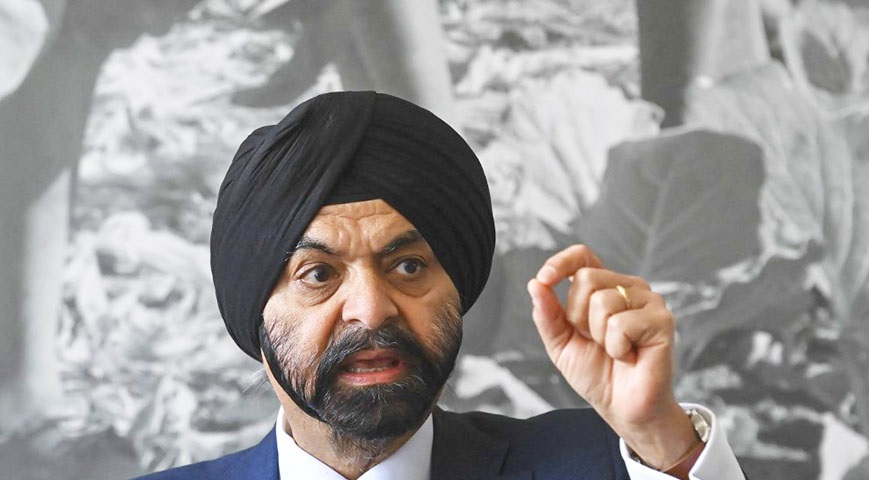On December 5, the President of the World Bank Group, Ajay Banga, begun a two-day trip to Tanzania. As per a statement from the World Bank office in Tanzania, Mr. Banga has planned high-level discussions with President Dr. Samia Suluhu Hassan, Zanzibar President Dr. Hussein Mwinyi, and various government ministers and officials during his visit.
Tomorrow, President Samia, President Mwinyi, and Mr. Banga will collectively officiate the opening ceremony of the International Development Association (IDA) Midterm Review meeting in Zanzibar.
As part of his visit, the World Bank leader will tour Muungoni Village Seaweed Farms and Jang’ombe Hub Secondary School, both situated in Zanzibar.
These visits aim to provide the World Bank leader with an opportunity to meet with project beneficiaries and directly observe the transformative impact of IDA support.
Did you read this?
Muungoni Village received assistance from the South-West Indian Ocean Fisheries Governance and Shared Growth Project (SWIOFish), benefiting over 15,000 seaweed farmers in the country, with 74 per cent of them being women.
The initiative allocated resources for seaweed farming, transportation, and training, contributing to decreased costs, heightened production, and improved market access. Consequently, these improvements have led to increased incomes and fortified community resilience against climate challenges.
Jang’ombe is among the 24 hub schools for enhanced Math, Science, and English learning (MSE) supported under the Zanzibar Improving Student Prospects (ZISP) Project.
Under this project, the school, along with others, has been outfitted with contemporary learning amenities, encompassing an ICT lab, an English/Language lab, a library, a toilet block, and a teacher preparation room.
Furthermore, the school has been provided with furniture and essential equipment, coupled with training for teaching staff.
The comprehensive outcomes of the ZISP project involve the construction of 206 additional classrooms and learning facilities, all furnished with modern teaching and learning materials.
As of November 2023, the IDA-financed portfolio in Tanzania stands at 8.3 billion US dollars. This comprises 23 national projects, totaling 7.26 billion US dollars in commitments, and six regional projects, totaling 1.05 billion US dollars in commitments.
Major sectors within the national portfolio encompass transport, education, water, urban resilience, energy, and social protection. Additional projects address governance, digital development, human development, and poverty. Tanzania’s regional projects specifically target agriculture, energy, education, and poverty and equity.
IDA serves as the global solidarity fund within the World Bank Group, dedicated to supporting low-income countries. It strives to build a world free from poverty on a sustainable planet. Since its inception in 1960, IDA has allocated 533 billion US dollars in funding to 115 countries, bringing about transformative changes in the lives of hundreds of millions of people, including those in Tanzania.
The Midterm Review meeting is slated to delve into the implementation and delivery of the 20th IDA financing round (IDA20), the most extensive replenishment to date, amassing 93 billion US dollars to aid impoverished nations. IDA20 is set to conclude in 2025, and the Midterm Review will also lay the groundwork for the IDA21 replenishment.









